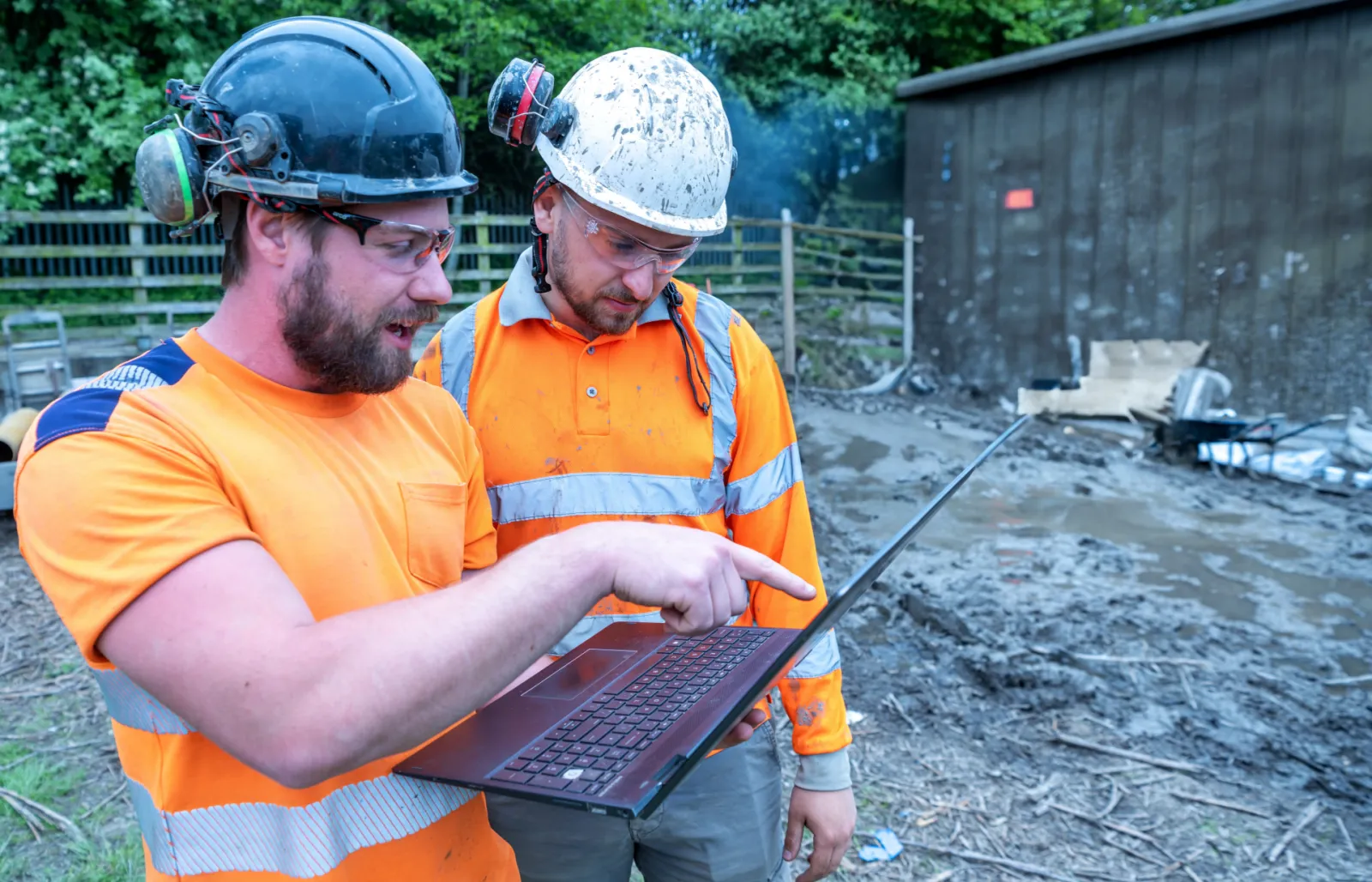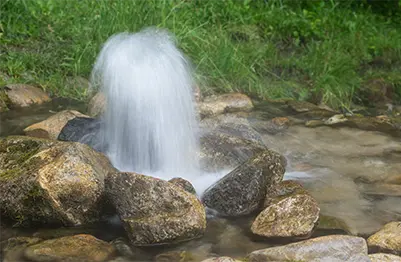

Water Well Licensing Applications
A licence is generally required if you plan to abstract more than 20 cubic metres (20,000 litres) of water per day from surface or groundwater sources.
About
Applying for a Water Well License
Understanding the regulatory landscape for water well licensing is crucial for both domestic and commercial clients. The requirements vary across England, Scotland, Wales, and Northern Ireland, making it essential to understand the specific obligations in each region.
At Igne, we specialise in guiding clients through these complexities, ensuring compliance and facilitating successful water well projects.
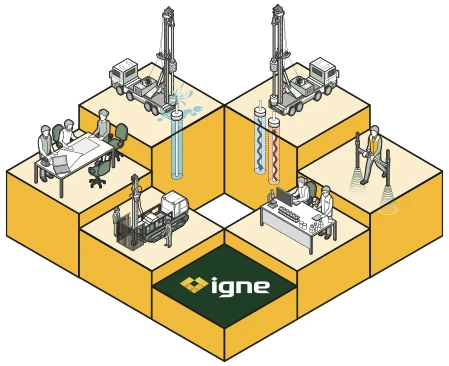
Understanding
Licensing Regulations Across the UK
In England and Wales, the Environment Agency oversees water abstraction activities. A licence is generally required if you plan to abstract more than 20 cubic metres (20,000 litres) of water per day from surface or groundwater sources.
This threshold typically exempts most domestic users, as average household consumption is well below this limit.
However, commercial operations often exceed this volume and must secure an abstraction licence to ensure sustainable water use.
Scotland's regulatory framework is distinct, with the Scottish Environment Protection Agency (SEPA) managing water abstractions. Unlike England and Wales, Scotland requires authorisation for abstractions of any volume. This means that even small-scale domestic abstractions necessitate registration or licensing.
The level of authorisation depends on factors such as the volume of water to be abstracted and the potential environmental impact.
In Northern Ireland, the Northern Ireland Environment Agency (NIEA) regulates water abstractions. Similar to England and Wales, abstractions exceeding 20 cubic metres per day require a licence. However, specific activities, such as dewatering operations in construction, may have different thresholds and conditions.
It's advisable to consult with the NIEA to determine the exact requirements for your project.
The Process
The Licensing Application Process
Securing a water abstraction licence involves several key steps, which, while generally consistent, may have region-specific nuances. The most important thing to state is – we’re here to help you through the entire process…but let’s dive into what might need to happen for you to abstract the water you need.
Pre-Application Consultation
Engaging in early discussions with the relevant regulatory body is highly recommended. This initial consultation helps identify specific requirements, potential environmental concerns, and necessary supporting documentation. For instance, in England and Wales, the Environment Agency offers an enhanced pre-application service to guide applicants through the process.
Consent to Investigate Groundwater
Before applying for an abstraction licence, you may need to obtain consent to investigate the groundwater source. This typically involves drilling exploratory boreholes or conducting pumping tests to assess water availability and quality. In Wales, for example, Natural Resources Wales requires such consent for investigations involving abstractions of 20 cubic metres or more per day.
Environmental Assessments
Conducting environmental assessments is often a prerequisite to ensure the proposed abstraction will not adversely affect local ecosystems or existing water users. This may include hydrogeological surveys, ecological studies, and impact assessments.
Submission of Application
The application process requires detailed information about the proposed abstraction, including:
- Purpose and justification for water use
- Technical specifications of the abstraction point (e.g., borehole depth, pump capacity)
- Results from groundwater investigations and environmental assessments
- Measures to mitigate potential environmental impacts
- Evidence of land access rights and any necessary planning permissions
In England and Wales, applicants must complete specific forms, such as Part A (about the applicant) and Part B (details of the abstraction), accompanied by relevant supporting documents.
Application Review and Public Consultation
Upon submission, the regulatory authority reviews the application for completeness and compliance. There may be a public consultation period, allowing stakeholders to provide input or raise concerns about the proposed abstraction.
Decision and Licensing
After thorough evaluation, the regulatory body issues a decision. If approved, the licence will outline conditions such as allowable abstraction volumes, monitoring requirements, and the licence's duration. For instance, in Northern Ireland, licences are typically issued for a specified period, after which renewal is necessary.
The name to trust
Why Choose Igne to Help with Your Licensing Needs?
Navigating the intricacies of water well licensing can be challenging. Partnering with Igne offers many advantages including the fact we’ve been boring (for water, that is!) for decades and have been through the process countless times. Other reasons to choose us include:
Expertise & Experience:
With extensive experience in site investigations and specialist drilling, we possess in-depth knowledge of regional regulatory frameworks. Our team has successfully managed numerous licensing applications, identifying and addressing potential pitfalls early in the process.
Comprehensive Support
From initial consultations and groundwater investigations to environmental assessments and application submissions, we provide end-to-end support. We also ensure all aspects of the licensing process are meticulously handled, facilitating a smooth and efficient experience for our clients.
Tailored Solutions
Recognising each project is unique, Igne offers customised services to meet specific needs. Whether you're a domestic user requiring a small-scale abstraction or a large corporation with substantial water demands, we develop solutions that align with your objectives and regulatory requirements.
Risk mitigation
Our proactive approach includes thorough environmental assessments and stakeholder consultations, minimising the risk of application delays or refusals. By anticipating challenges and implementing effective mitigation strategies, Igne enhances the likelihood of securing the necessary licences promptly.
FAQ
Frequently Asked Questions About Water Well Licensing Applications
- Do I need a licence for a domestic water well?
In England, Wales, and Northern Ireland, domestic users typically do not require a licence if abstracting less than 20 cubic metres per day. However, in Scotland, all abstractions, regardless of volume, require authorisation but a licence is only required for abstraction volumes greater than 50 cubic metres per day. It's advisable to consult with the relevant regulatory body or a professional consultant like Igne to confirm your specific requirements.
- How long does the licensing process take?
The duration varies depending on the complexity of the application and the region. For example, in England and Wales, the Environment Agency aims to decide on applications within four months, while temporary licences may be processed within 28 days.
- What information is required for the application?
Applications generally require detailed information about the proposed abstraction, including technical specifications, environmental assessments, and evidence of land access rights. Specific requirements may vary by region, so it's essential to consult the relevant regulatory authority's guidelines.
- Can Igne assist with the entire licensing process?
Yes, we offer comprehensive services, including pre-application consultations, groundwater investigations, environmental assessments, and application preparation and submission. Our expertise ensures that all regulatory requirements are met, facilitating a smooth licensing process.
- What happens if I abstract water without a licence?
Abstracting water without the necessary licence is illegal and can result in enforcement actions, including fines and orders to cease abstraction. It's crucial to secure the appropriate licences before commencing any water abstraction activities.
- Are there any exemptions to the licensing requirements?
Exemptions vary by region. For instance, in England and Wales, abstractions of 20 cubic metres or less per day are exempt from licensing. However, specific activities or areas may have different thresholds or conditions.
- Are there any exemptions to the licensing requirements?
Exemptions vary by region. In England and Wales, abstractions of 20 cubic metres or less per day are typically exempt from licensing. However, in Scotland, even small-scale abstractions require registration with SEPA.
Northern Ireland follows a similar approach to England and Wales, but exemptions may depend on local environmental considerations. It’s always best to seek professional advice to confirm whether your specific abstraction qualifies for an exemption.
- How can I check if my property has an existing abstraction licence?
In England and Wales, you can search the Environment Agency’s public registers to check for existing abstraction licences associated with a property. Scotland and Northern Ireland have similar systems managed by SEPA and NIEA, respectively. If you're unsure, Igne can help determine whether a licence exists and whether it covers your planned water use.
- Can I transfer an existing abstraction licence to a new owner?
Yes, abstraction licences are typically tied to a specific location rather than an individual. If a property with an existing abstraction licence changes ownership, the new owner may be able to transfer the licence, subject to approval by the relevant regulatory authority.
However, conditions may apply, and some modifications might be necessary. Igne can assist with licence transfers to ensure a seamless transition.
- What happens if my abstraction licence is refused?
If your application is refused, the regulatory authority will provide reasons for the decision. In many cases, modifications to the application, such as adjusting the proposed abstraction volume or implementing additional environmental protections, may improve the chances of approval. Igne has extensive experience in dealing with such scenarios and can work with regulatory bodies to address concerns and improve the likelihood of a successful resubmission.
- How much does a water abstraction licence cost?
The cost of obtaining a water abstraction licence varies depending on factors such as location, abstraction volume, and the complexity of the application. Fees typically include application charges, potential environmental assessment costs, and annual subsistence fees.
In England and Wales, the Environment Agency provides a fee schedule, while SEPA and NIEA have their own cost structures. Igne can provide a tailored estimate based on your specific project needs.
- What should I do if my water needs change after obtaining a licence?
If your water abstraction requirements change, you may need to apply for a licence variation. This could include increasing or decreasing your abstraction volume, changing the source of abstraction, or modifying the purpose of use. Regulatory authorities require such changes to be formally approved, and Igne can assist with the necessary applications and documentation.
The Next Step
Your Water Well Project, from Start to Finish: with Igne
Navigating water well licensing can be complex, but with Igne by your side, the process becomes seamless. From initial consultation and groundwater investigations to full licensing applications and regulatory compliance, we handle every step. Whether you’re a domestic client looking for peace of mind or a commercial operator needing a reliable and legally compliant water source, Igne’s expertise ensures that your project is in safe hands.
With decades of experience and a deep understanding of UK licensing regulations, we help you avoid common pitfalls, minimise delays, and secure the necessary permissions with confidence. Don’t let paperwork stand between you and your water supply.
Contact us today to start your journey towards a fully compliant, sustainable water well solution.

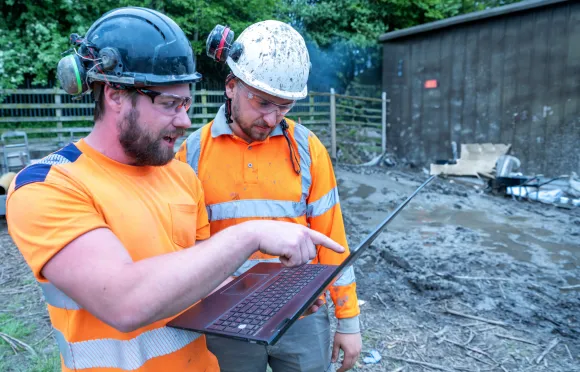
Licencing Applications
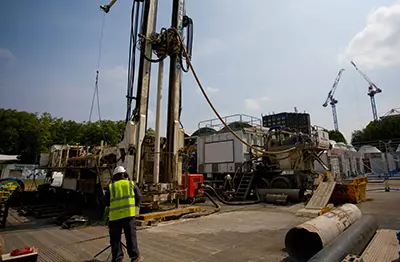
Drilling & Lining
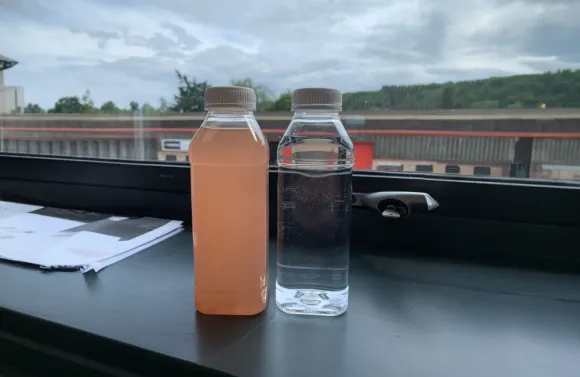
Water Treatment
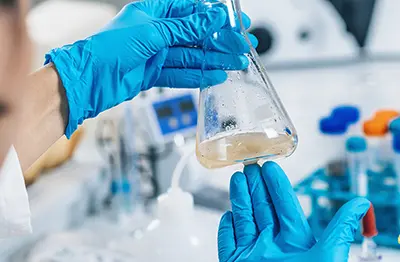
Water Analysis
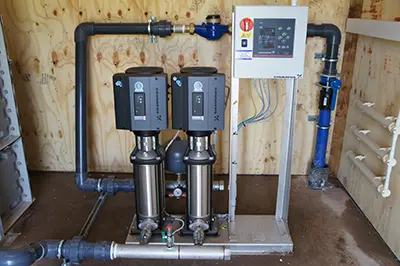
Test Pumping
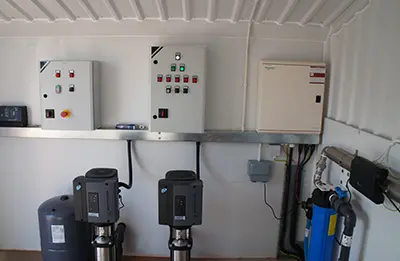
Borehole Pumps

Borehole Design

Abstraction Borehole Real Time Digital Monitoring Systems

Drilling Consultancy

Pump Installation


